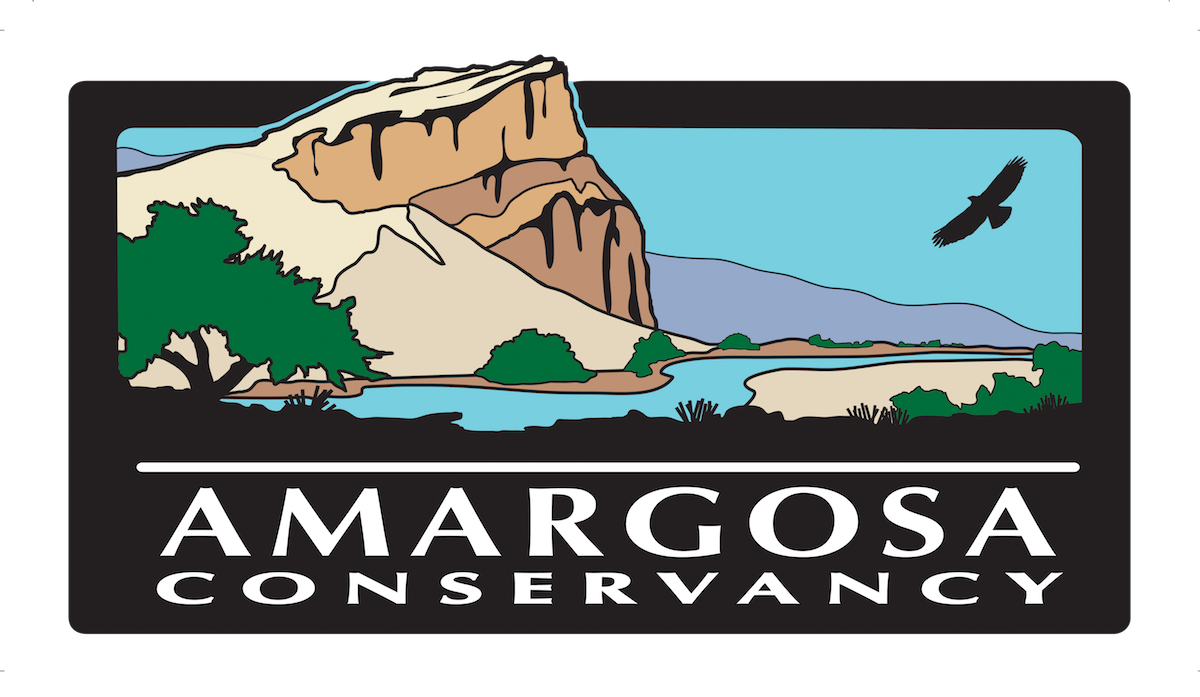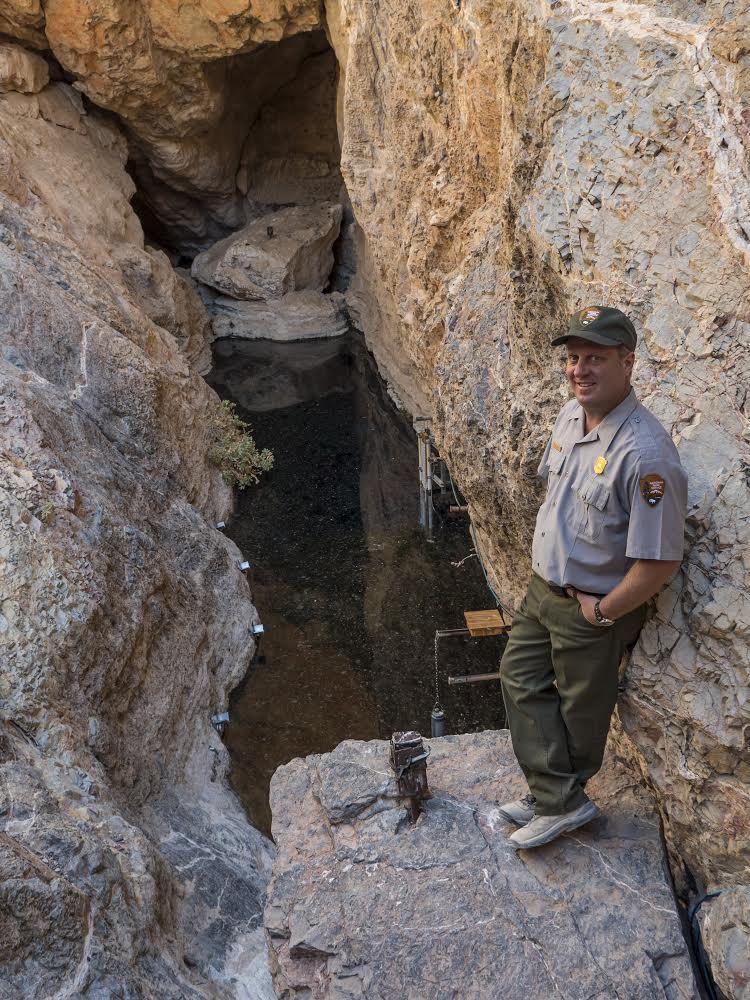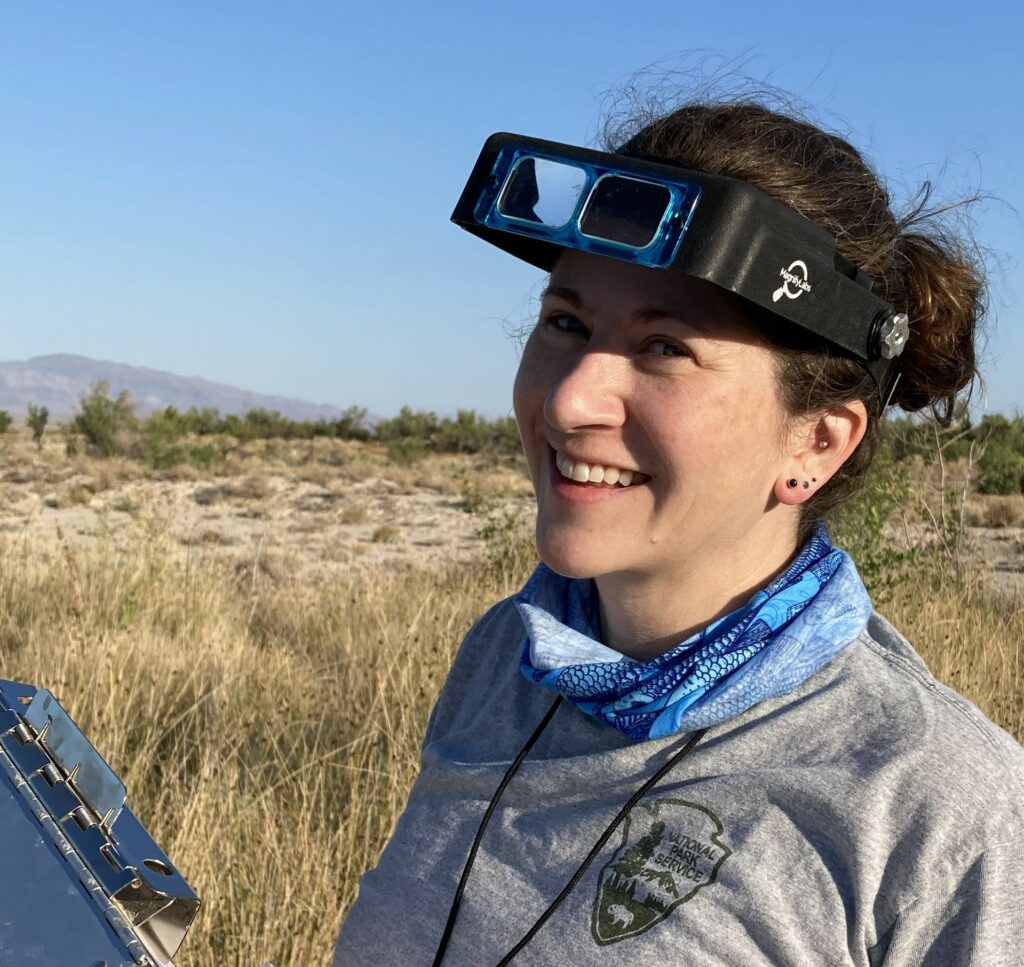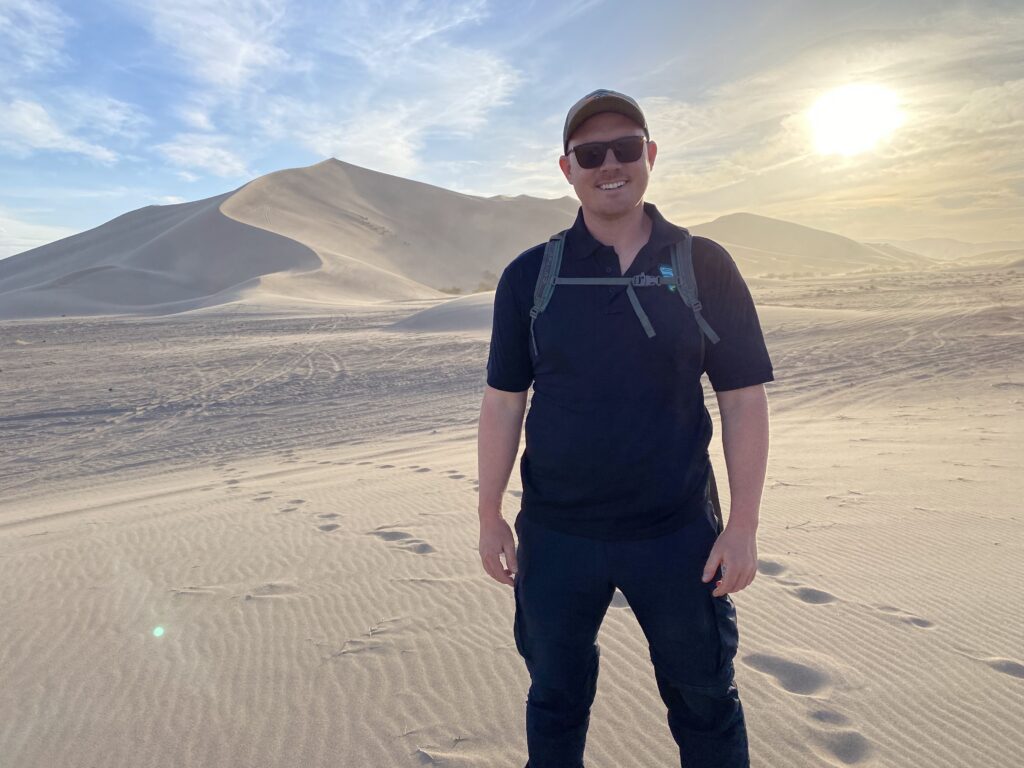Amargosa Conservancy is pleased to announce our 2024 Summer Speaker Series!
This third offering of our virtual Summer Speaker Series will feature dedicated employees from the National Park Service, Bureau of Land Management, and U.S. Fish and Wildlife Service. These experts will share their experiences and insights on working with the unique and diverse endemic species of the Amargosa River watershed.
Event Highlights:
In-Depth Talks: Gain exclusive access to firsthand accounts and detailed presentations from the frontlines of conservation. Learn about the challenges and triumphs in preserving the delicate ecosystems of the Amargosa River watershed.
Meet the Experts: Hear from passionate biologists, ecologists, and conservationists who are committed to protecting and restoring the habitats of this unique region. Discover their innovative approaches to managing and safeguarding endemic species.
Explore Unique Species: Delve into the fascinating world of the Amargosa River watershed’s endemic species. From “atomic tarantulas” to the resilient Devils Hole pupfish, uncover the stories of these remarkable creatures and their critical habitats.
Interactive Q&A Sessions: Engage directly with our speakers during interactive Q&A sessions. This is your chance to ask questions, share your thoughts, and gain deeper insights into the conservation efforts in the Amargosa River watershed.
Cost: FREE! Suggested donation of $20/session
Event Schedule
Session I: THURSDAY, JULY 17TH, 6:00PM PST
Collaboration and Innovation in the Conservation Efforts of the Devils Hole Pupfish and its Ecosystem
Kevin P. Wilson, PhD
Supervisory Biologist – Aquatic Ecologist
Devils Hole Program Manager, Death Valley National Park
Click here to watch the recording on our YouTube channel!
Session II: THURSDAY, AUGUST 15TH, 6:00PM PST
Ecological Restoration and Species Conservation at the Ash Meadows National Wildlife Refuge
Ambre Chaudoin
Fish Biologist
U.S. Fish and Wildlife Service, Ash Meadows National Wildlife Refuge
Ambre Chaudoin is a fish biologist with the U.S. Fish and Wildlife Service at the Ash Meadows National Wildlife Refuge where she works on the conservation of rare and listed species. A Northern California transplant who previously worked in marine and coastal ecology, she has dedicated the better part of the past two decades to recovery efforts for the endangered Devils Hole pupfish and other spring fishes and ecosystems across the Desert Southwest. Ambre received her B.S. in Fish, Wildlife, and Conservation Biology from the University of California, Davis and holds an M.S. in Fisheries Conservation and Management from the University of Arizona, Tucson. An avid scuba-diver, Ambre has been a member of the NPS Devils Hole Dive Team since 2017.
Join us for an evening with Ambre to learn more about the work she and the U.S. Fish and Wildlife Service staff at Ash Meadows do to conserve these extraordinarily rare and sensitive wildlife species!
Session III: THURSDAY, SEPTEMBER 19TH, 6:00PM PST
Obscure Invertebrates of the Amargosa Basin
Corey Lange
Wildlife Biologist
Bureau of Land Management, Pahrump Field Office
Corey Lange is a wildlife biologist with the Bureau of Land Management, Pahrump Field Office.
The Amargosa Basin is known as a hotspot of biodiversity. This basin is home to approximately 65 groundwater-dependent endemic species. Plus, there are an additional 12+ species of non-groundwater dependent species that are only found within the Amargosa Basin. The basin includes Ash Meadows National Wildlife Refuge, which is home to more endemic species than nearly anywhere else in North America, besides Cuatro Ciénegas in northern Mexico. Many of the endemic species within the Amargosa Basin are restricted to just a handful of springs or a single dune system, which essentially act as islands of habitat in a sea of inhospitable desert. Species such as the Devils Hole Pupfish, Amargosa Toad, Giuliani’s Dune Scarab, and Amargosa Vole, are widely known and have been the subject of various conservation projects. However, numerous rare and endemic invertebrate species are poorly known and under-studied. These species are facing increasing pressure from groundwater withdrawal, large-scale utility projects, mining, invasive species, and recreation impacts. Drawing attention to these rare invertebrate species and the possible threats they face is becoming increasingly important. The Pahrump Field Office for the Bureau of Land Management has been working to survey some of these species to understand possible impacts on their distribution and conservation status.
Learn about “atomic tarantulas,” previously undescribed scorpions, and more in this session with biologist Corey Lange!
Questions? Contact Mason Voehl at mason@amargosaconservancy. We look forward to learning alongside you from these conservation experts!




